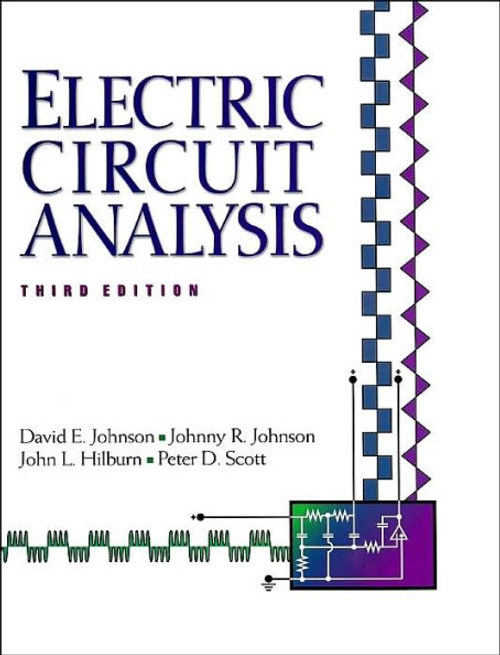This best-selling text by John Taylor, now released in its second edition, introduces the study of uncertainties to lower division science students. Assuming no prior knowledge, the author introduces error analysis through the use of familiar examples ranging from carpentry to well-known historic experiments. Pertinent worked examples, simple exercises throughout the text, and numerous chapter-ending problems combine to make the book ideal for use in physics, chemistry, and engineering lab courses.
About the Author
John Taylor is Professor of Physics and Presidential Teaching Scholar at the University of Colorado in Boulder. He has won numerous teaching awards, served as Associate Editor of the American Journal of Physics, and received an Emmy Award for his television series called "Physics 4 Fun." Taylor is the author of three best-selling textbooks.
John Taylor is Professor of Physics and Presidential Teaching Scholar at the University of Colorado in Boulder. He received his B.A. in mathematics from Cambridge University and his Ph.D. in physics from the University of California at Berkeley. In 1966 he joined the faculty at Colorado, where his research interests include quantum scattering theory and the foundations of quantum theory. Professor Taylor has won numerous teaching awards, served as Associate Editor of the American Journal of Physics, received an Emmy Award for his television series called "Physics for Fun," and given "Mr. Wizard" lectures to some 40,000 school children throughout Colorado. He has also written three textbooks including the first edition of An Introduction to Error Analysis, which has been translated into six languages.







